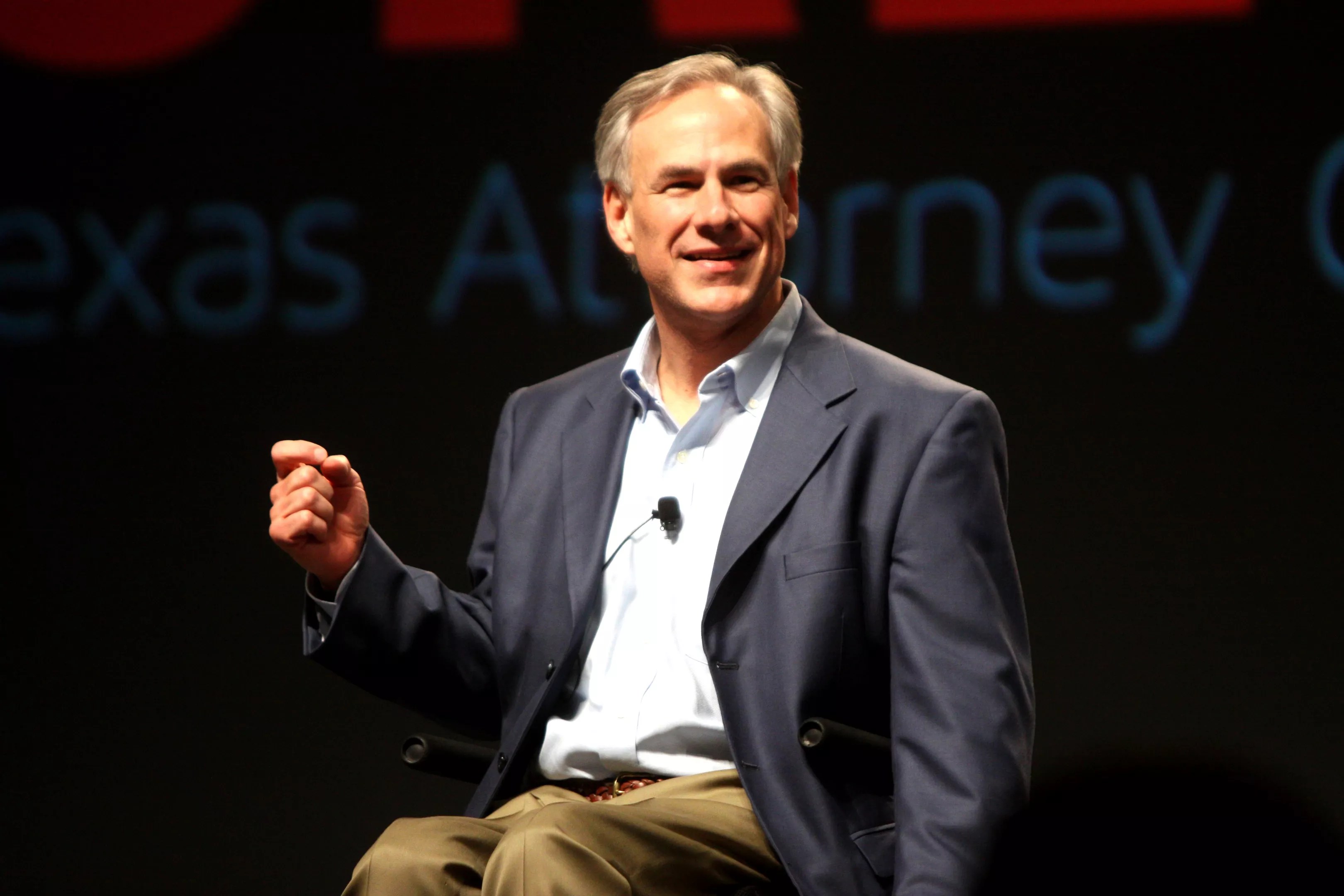
Wiki Commons

Audio By Carbonatix
In the final hours, after weeks of silence, Gov. Greg Abbott vetoed the highly controversial Senate Bill 3, which would ban all consumable THC products. The governor called a special session, beginning July 21, asking lawmakers to regulate products instead of a blanket ban.
“Senate Bill 3 is well-intentioned. But it would never go into effect because of valid constitutional challenges,” the governor wrote in his veto. “Litigation challenging the bill has already been filed, and the legal defects in the bill are undeniable. If I were to allow Senate Bill 3 to become law, its enforcement would be enjoined for years, leaving existing abuses unaddressed. Texas cannot afford to wait.”
Senate Bill 3, whose passage was a top priority for Lt. Gov. Dan Patrick, would have banned all consumable THC, including delta-8 and delta-9. A last-minute amendment to make exceptions for THC-infused beverages delayed the House vote, but it failed to pass, and Patrick’s preferred blanket version of the bill was sent to Abbott’s desk.
The legislature can override Abbott’s veto, but two-thirds of each chamber would have to pass the bill again in a supermajority vote.
Patrick, who has poured all his efforts into passing SB 3, expressed disappointment in the veto.
“Throughout the legislative session, [Abbott] remained totally silent on Senate Bill 3, the bill that would have banned dangerous THC products in Texas,” Patrick’s office wrote on social media. “His late-night veto, on an issue supported by 105 of 108 Republicans in the legislature, strongly backed by law enforcement, many in the medical and education communities, and the families who have seen their loved ones’ lives destroyed by these very dangerous drugs, leaves them feeling abandoned. I feel especially bad for those who testified and poured their hearts out on their tragic losses.”
Veterans and the disabled community, dependent on THC products for pain management, were some of the more outspoken opponents of the bill. On their behalf, Abbott has challenged lawmakers to reform the hemp industry.
“Texas must enact a regulatory framework that protects public safety, aligns with federal law, has a fully funded enforcement structure and can take effect without delay,” Abbott said.
Hemp-derived THC products were first legalized in 2019, and quickly ballooned to a multibillion-dollar industry, with 8,500 licensed retailers and 50,000 employees. If passed in its all-encompassing format, SB 3 would force thousands of businesses to shutter.
The veto comes with a large sigh of relief from hemp industry stakeholders.
“It’s surreal,” said Hayden Meek, owner of Delta-9 Denton. If it passes, Meek will have until Sept. 1 to significantly restructure his business model or close the shop. “In a battle that felt like we were getting kicked in the teeth every step of the way, it’s absolutely wild to be in a position of success for once. It’s been hard to come up with the right words to describe it.”
All along, advocates for hemp have agreed with introducing new regulations on hemp products, but felt a ban was extreme and placed the heaviest impact on law-abiding citizens.
“With the right framework – focused on age limits, labeling, potency caps and enforcement – Texas can protect consumers without sacrificing liberty or economic opportunity,” said Heather Fazio, director of the Texas Cannabis Policy Center. “Abbott’s decision is a powerful stand against fear-driven policymaking and a signal that Texas will not be dragged backward. Instead, the state can lead with smart, fair and forward-looking cannabis policy.”